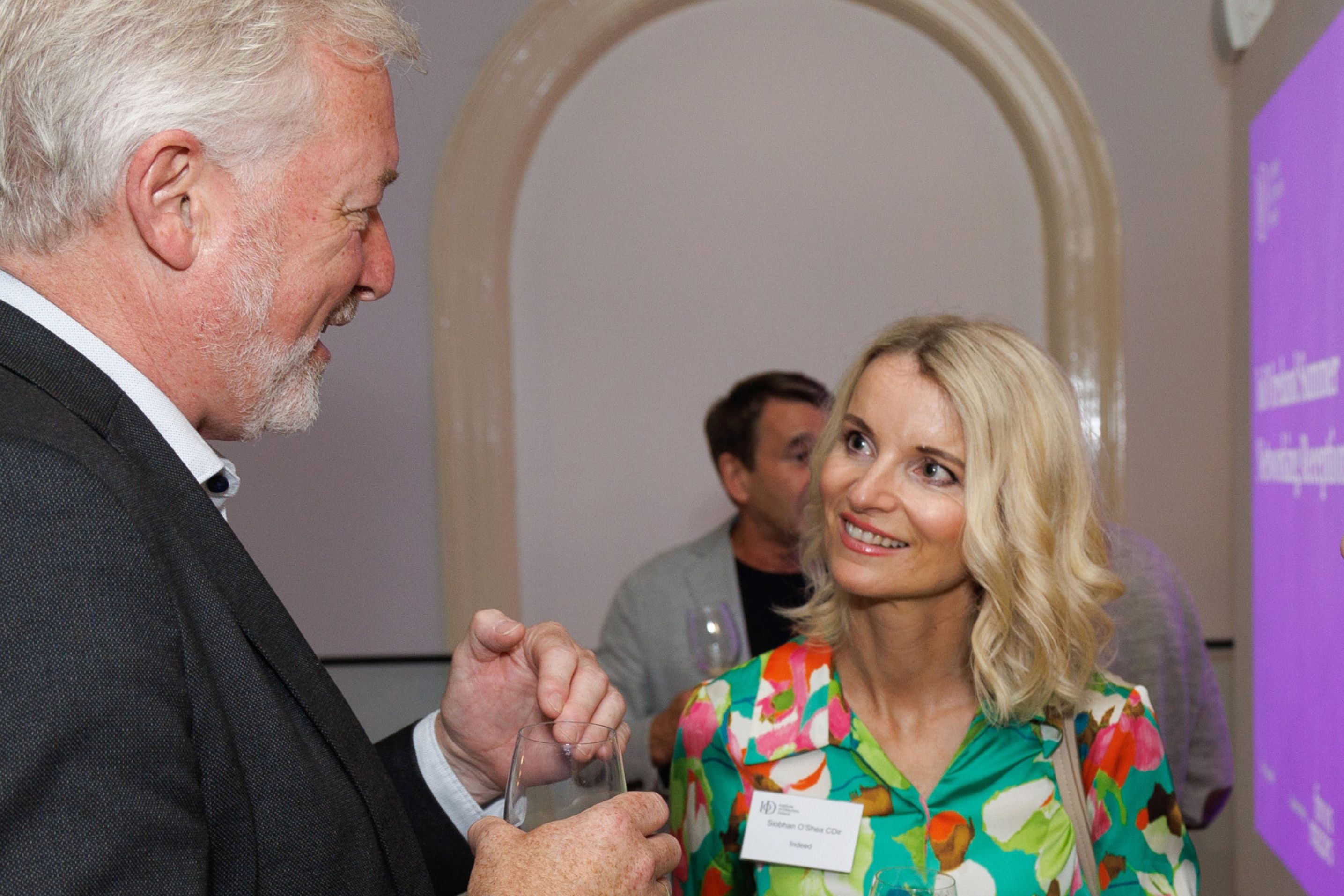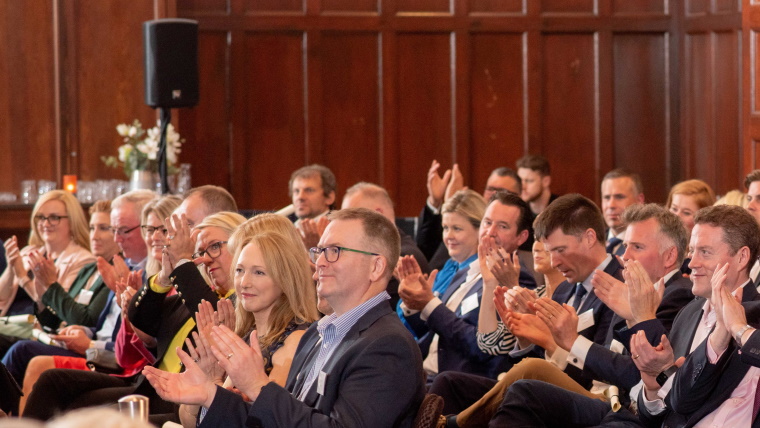
Davina Saint CDir
Independent Non-Executive Director
Davina Saint CDir is a highly regarded Independent Non-Executive Director (INED) with board memberships at Stripe, NAMA, BlackRock, Northern Trust Fiduciary Services, and Nearwater Capital.
Can you share your journey to becoming an Independent Non-Executive Director (INED)?
My journey has been one of resilience and transformation. I started my career as General Counsel at BNP Paribas in Ireland, but I always aspired to broader governance roles. In 2010, I completed the Institute of Directors (IoD) Ireland Chartered Director programme, which was a pivotal step. I formally began my INED journey in 2021 with my appointment to the board of NAMA, followed by roles at Stripe, BlackRock, Northern Trust Fiduciary Services, and Nearwater Capital. Each of these roles has been unique, offering insights into governance and corporate dynamics.
What inspired your transition from legal expertise to independent directorship?
Reflecting on my early career, the boardroom felt like a closed space for women—it was a different era, and change was overdue. I wanted to carve out my own path and contribute at the governance level. The IoD Ireland programme gave me the qualifications, confidence, and network I needed to make the transition.
How has IoD Ireland influenced your career?
Joining IoD Ireland was transformative. It validated directorship as a career choice and raised the standards for board positions. The community is invaluable for independent directors, offering a professional network, camaraderie, and a support system in what can otherwise be a solitary role.
What advice would you give to those considering a non-executive director role?
Preparation is key. It’s unwise to leave an executive position without a clear plan. Securing qualifications, like becoming an accredited Chartered Director, helps set you apart. Building intentional networks is also critical—whether through IoD’s Boardroom Centre, law firms, accountancy practices, or executive search firms. Networking isn’t just about meeting people; it’s about building trust and meaningful connections.
How do you approach selecting board roles?
I prioritise alignment with the organisation’s values and trust in its leadership. I’ve turned down more mandates than I’ve accepted because it’s vital to ensure the fit is right. Emotional intelligence is also a crucial tool in navigating these roles effectively.
What value do INEDs bring to boards?
INEDs provide expertise, diversity of thought, and an external perspective that broadens the board’s view. Sometimes, it takes time for CEOs to appreciate the value of independent directors, but the right perspective can lead to more rounded and impactful decision-making.
What corporate trends have you observed in recent years, particularly in financial services?
Regulatory focus on outsourcing and safeguarding has grown significantly in Ireland. Trust, financial integrity, and responsible oversight remain central to maintaining the industry’s reputation, especially given past financial crises.
What principles guide your approach to board effectiveness?
Boards should regularly reassess their purpose and priorities to focus on high-impact areas. Strong relationships among board members, built outside formal meetings, are essential. An effective chairperson is one who listens, manages time well, and ensures decisions are actionable. Thorough preparation is also critical—board members need time to review materials and engage in meaningful discussion. That’s where the real value lies.
Any final words of wisdom for aspiring board members?
Be prepared, build your network intentionally, and focus on alignment with the roles you choose. The quality of board discussions and decisions depends on preparation, trust, and insightful deliberation. Remember, the magic happens in the conversation!

